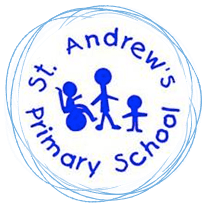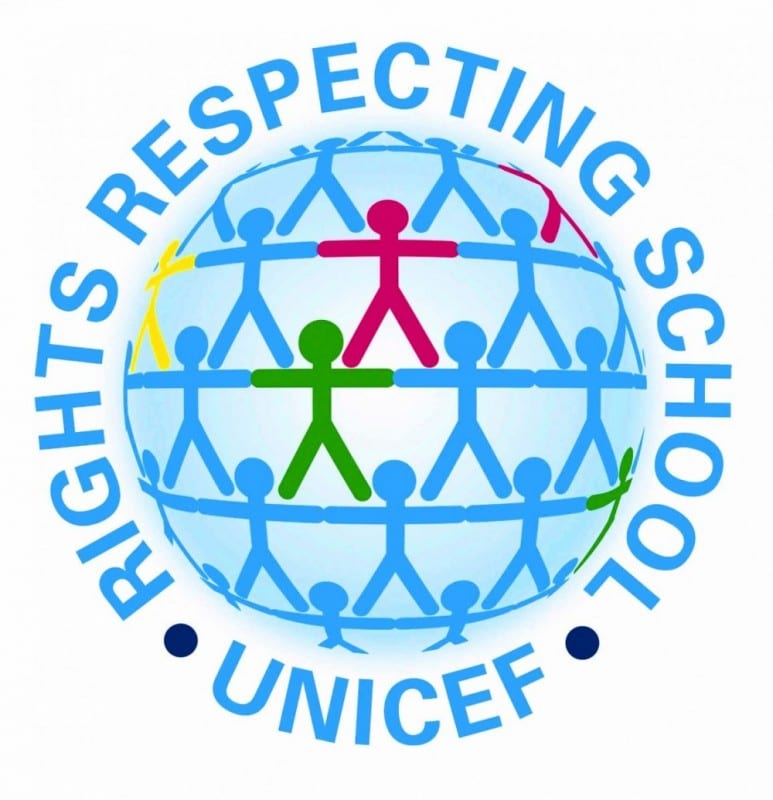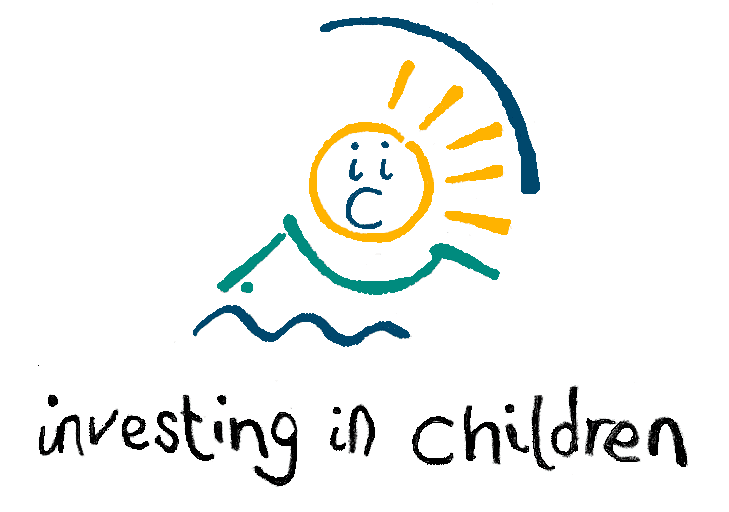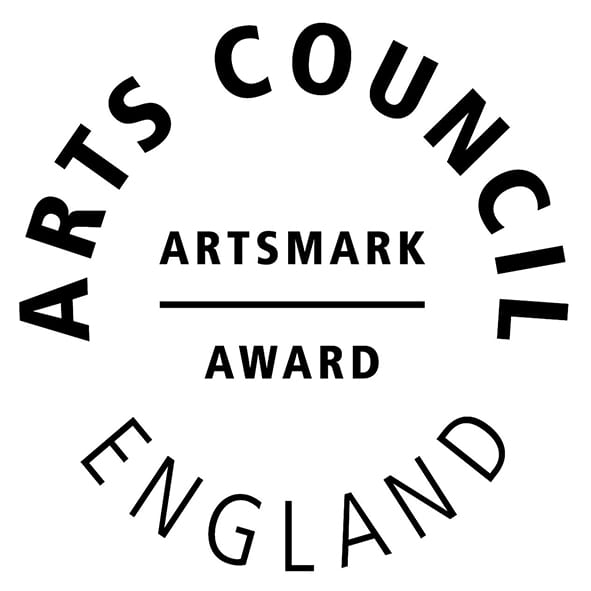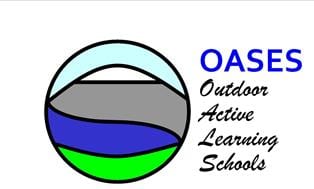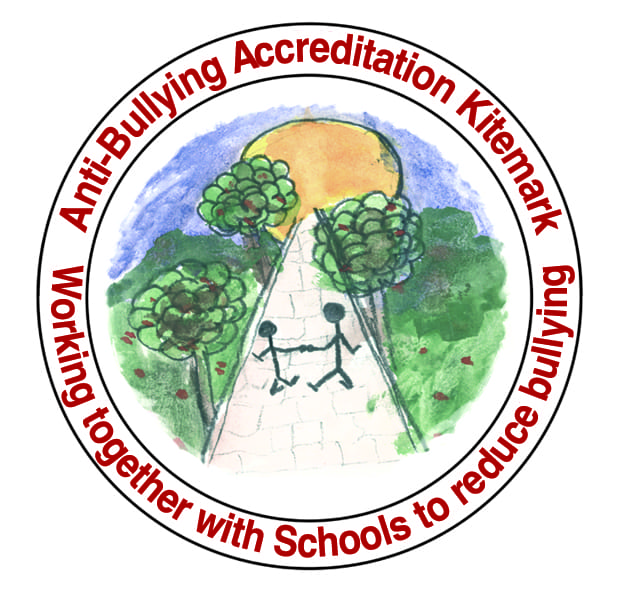In 2011, the government defined British Values as democracy, the rule of law, individual liberty, mutual respect and tolerance of different faiths and beliefs. We promote these values through our own school values, curriculum and enrichment activities.
| Value | How we promote it |
|---|---|
| Democracy Links to school core values: Respect Compassion Empathy UN CRC Article 12: Children have the right to say what they think should happen, when adults are making decisions that affect them, and to have their opinions taken into account. | • We have an elected School Council. This is used as an opportunity to promote and teach about democracy and the electoral process. They meet monthly. • We encourage volunteerism in and out of school. This includes things like our monthly Action Groups such as: Eco-Warriors, sports leaders, Digital leaders, Healthy School crusaders, and Rights Respecting groups. We also raise money for local and national charities. • The beginnings of democracy are taught through historical research of the Ancient Greece and other ancient civilisations. • Democracy is also promoted through additional PSHE lessons and assemblies. Children learn debating skills in literacy lessons and learn to understand that people may have different views to their own. • Children are taught about the United Nations Convention on the Rights of the Child and learn to respect their rights and the rights of others. We are actively applying for the Rights Respecting Silver Award. |
| The rule of law Links to school values: Respect Team work Honesty UN CRC Article 19: Governments should ensure that children are properly cared for, and protect them from violence, abuse and neglect by their parents, or anyone else who looks after them. | • We have high expectations about pupil conduct and this is reflected in our Behaviour Policy. There are rewards for exhibiting good and caring behaviour and consistent demonstration of our values is recognised through such things as ‘Merit Certificates’ and ‘Dojo points’ awards. Children are rewarded with weekly Golden Time and termly “treat” days for exceptional behaviour. • Through our school assemblies, circle time and PSHE children are taught how to earn trust and respect and are supported to develop a strong sense of morality; knowing right from wrong and doing the right thing even when it’s difficult. • The local police officer / PCSO visit the school to talk to the children and explain about their role in society. Year 6 visit the Safety carousel to learn about laws regarding crimes pertanent to young people eg anti social behaviour. • Children are taught about the United Nations Convention on the Rights of the Child and learn to respect their rights and the rights of others. |
| Individual liberty Links to school values: Respect Determination Responsibility UN CRC Article 31: All children have a right to relax and play, and to join in a wide range of activities. UN CRC Article 15: Children have the right to meet together and to join groups and organisations, as long as this does not stop other people from enjoying their rights. | • Children are taught about the United Nations Convention on the Rights of the Child and learn to respect their rights and the rights of others. • Through our school values and the SEAL PSHE program, children are taught about personal responsibility, choices, ambition and aspiration. They are encouraged to take opportunities to follow their interests in art, music, sport etc. • SEAL has specific units relating to individual liberty including ‘Good To Be Me!’ • Children are taught how to keep themselves safe, including on-line. This is done through computing lessons, assemblies and outside organisations such as the NSPCC and Childline, as well as through the PSHE curriculum. |
| Mutual respect Links to school values: Respect Politeness Pride UN CRC Article 2: The Convention applies to everyone whatever their race, religion, abilities, whatever they think or say and whatever type of family they come from. UN CRC Article 30: Children have a right to learn and use the language and customs of their families, whether these are shared by the majority of people in the country or not. | • We have high expectations about pupil conduct and this is reflected in our Behaviour Policy. • Through our school’s values, SRE, PSHE and circle time children are taught to respect each other, to be cooperative and collaborative, be supportive and to look for similarities while being understanding of differences. • The Talkabout programme, used in PSHE lessons, teaches children about body language and personal space, helping children behave appropriately in different social situations. • Mutual respect is also promoted through additional PSHE lessons and assemblies. A range of specific assemblies are delivered focusing on helping other pupils to understand specific special needs. • Children are taught about the United Nations Convention on the Rights of the Child and learn to respect their rights and the rights of others. |
| Tolerance of different faiths and beliefs Links to school values: Respect Compassion Empathy UN CRC Article 14: Children have the right to think and believe what they want, and to practise their religion, as long as they are not stopping other people from enjoying their rights. Parents should guide their children on these matters. | • We have high expectations about pupil conduct and this is reflected in our Behaviour Policy. • Tolerance of different faiths and beliefs is promoted through the Syllabus for Religious Education. Children learn about different religions, their beliefs, places of worship and festivals. The children’s work on this subject or whole school learning in assemblies is often displayed in the classrooms or around the school. • This is supplemented by assemblies (Key Stage and whole school), which also mark and celebrate significant religious festivals such as Ramadan and Diwali. • Visits are made by local religious leaders and children have the opportunity to visit places of worship. The school has links with the local church – Sr. Andrew’s Church, and go there to celebrate Christian festivals such as Harvest, Christmas and Easter. • Children are taught about the United Nations Convention on the Rights of the Child and learn to respect their rights and the rights of others. |
Core Value of the month
Staff, pupils and governors agreed on 11 core values which they thought should be in the centre of all that we do. Values that, we believe, our pupils and staff should demonstrate in all that they do. Whole school assemblies focus on these values and teachers give Dojo points to pupils who demonstrate these values throughout the day. At the end of each month, teachers nominate pupils who have consistently shown that particular core value or have improved in that area and the “Core Value Champion of the Month” is awarded a certificate in celebration assembly. Parents are encouraged to promote the core values each month and are given tips and advice on how they can do this via Class Dojo.
| Month | Core Value |
|---|---|
| September | Confidence |
| October | Pride |
| November | Respect |
| December | Honesty |
| January | Responsibility |
| February | Politeness |
| March | Determination |
| April | Teamwork |
| May | Resilience |
| June | Compassion |
| July | Empathy |
